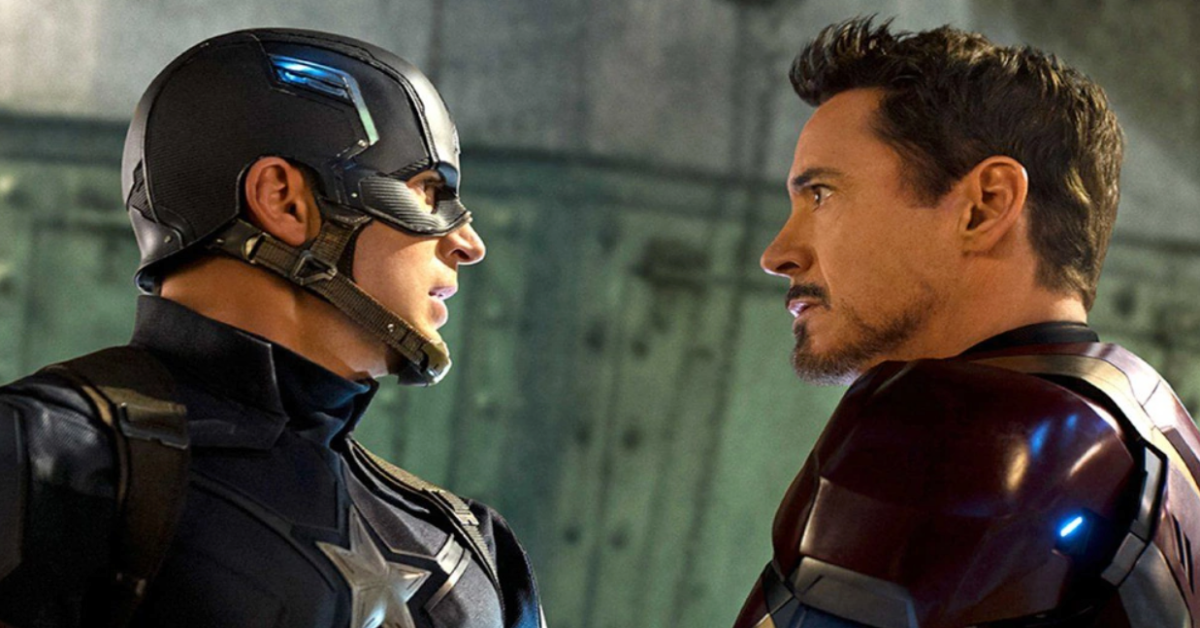“United we stand divided we fall.” The slogan of Captain America: Civil War came after what director Joe Russo called an internal “civil war” within Marvel Studios, pitting chairman Kevin Feige against the CEO of Marvel Entertainment Ike Perlmutter. The schism between Captain America (Chris Evans) and Iron Man (Robert Downey Jr.) disassembled the Avengers, but it was Feige’s clashes with Perlmutter and New York’s “Creative Committee,” a group of intermingled executives, that almost broke Marvel Studios. Directors Joe and Anthony Russo threatened to quit the film, and Feige weighed leaving Marvel when years of frustration with Perlmutter came to a head. Civil war.
In an effort to do something risky and subversive, Feige and the Russo brothers wanted to “take [Marvel’s] two most popular characters” and “have them try to kill each other,” Russo said Deadline of Team Cap against Team Iron Man.
Feige, already frustrated by New York’s attempt to “slash” the budget from what has been described as Avengers 2.5, risked having his grand plan for the Marvel Cinematic Universe turned upside down by the notorious miser Perlmutter. According to a 2014 report by VarietyPerlmutter was so mad at Downey’s potential salary for Captain America 3 he ordered Iron Man removed from the script.
Yes Civil war wasn’t a civil war between the teams led by Captain America and Iron Man, as it was during the comic book event of the same name in 2006, Marvel had a problem.
“This lead to Civil war the movie actually led to a civil war within Marvel,” Russo said, “because there was a group in New York that was trying to force a more traditional third act on the movie. My brother and I were like, ‘We’re not interested in doing this movie, so we’re out the door if that’s the direction you want to go. We’re more obligated to do a story about those two that’s more interesting, we think, and that will lead to more interesting movies after that.'”
Civil war leads audiences to believe that terrorist villain Helmut Zemo (Daniel Brühl) is behind an Avengers-level threat to awaken an army of super-soldiers, only to learn that Zemo has manipulated a brutal, overturned fight between Steve Rogers and Tony Stark. “We were about to get fired, or New York was going to leave the movie,” Russo said, keeping the third act focused on Steve and Tony’s tumultuous fight against the Winter Soldier (Sebastian Stan).
“A lot of conversations took place, and [then-Disney CEO] Bob Iger has made a decision: he’s taken New York out of the movie, Kevin has taken full control of Marvel Studios and we have to do Civil war the way we wanted to do it,” Russo said. “I think that empowered Kevin, and it empowered Disney, because they saw that we did something crazy and that it had made over a billion dollars.
The move saw Feige report directly to then-Disney Studios chief Alan Horn over Perlmutter, and the restructuring emancipated Feige and Marvel Studios from the since-disbanded committee: Marvel Comics writer Brian Michael Bendis, the former Marvel Chief Joe Quesada, then – Marvel Comics publisher Dan Buckley, and Perlmutter’s right-hand man Alan Fine, then president of Marvel Entertainment.
“So the next time, when we were like, ‘We have an even crazier idea, we’re going to kill off half your characters [in Avengers: Infinity War]”they understand the language of what they wanted to say and how it could impact — a positive impact — the box office for them,” Russo said.
Captain America: Civil War is available to stream on Disney+.

